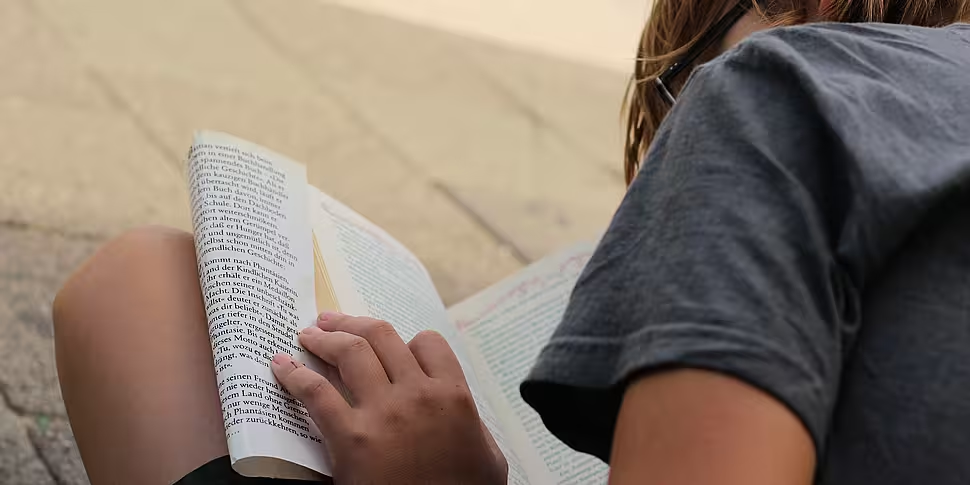A new study has revealed that primary school students spent just two hours per day on studies when home-schooled during lockdown.
Researchers at NUI Galway (NUIG) also found increased stress and anxiety among parents and students - and concerns over the impossibility of juggling work, home and parenting responsibilities.
Dr Elaine Keane is from the School of Education at NUIG and is one of the co-authors of the report.
She told Newstalk Breakfast that schools had to adapt overnight.
"It is certainly very different - I think we need to remember the schools were required to pivot literally overnight to a completely unprecedented situation.
"Schools generally don't have these online learning platforms available, unlike in a lot of higher education institutions, so I think everyone just had to cope as best they could overnight.
"But equally so, particularly at primary level, it isn't age appropriate to be online all day - so I think there's an awful lot of learning that needs to come from this".
'Significant decline'
She said students also reported a decline in interest in schooling at home.
"Certainly a large majority of the students felt that they had learned less during that schooling at home period, as we've called it, than they would have at school".
"Both parents and students were very clear as well that students interests and engagement declined significantly over the period of March to May or June.
"But as well as that, an awful lot of the parents in our study reported that their children experienced increased stress and anxiety during the period - and they were very concerned, obviously about their children falling behind academically, but also about their emotional and mental health and also about them missing out on social interaction and their friends.
"This was a really big theme in the data, and it won't be a surprise I think to any of your listeners, that particularly for students at second level missing their peer group was a really, really huge issue".
Supports from schools
The study found while around half of parents were satisfied with the supports from schools, there was a desire for more live teaching.
Dr Keane explained: "In that context, parents really did understand the difficulties that teachers were battling - from the parents perspective, they really voiced the need for more direction from the DES [Department of Education and Skills] in relation to remote learning".
"Certainly in the open-ended comments, there was a lot of criticism about a lack of interaction.
"But I think everyone really has come to realise from this period of the really crucial role that schools actually play.
"We've come to realise that they certainly don't just perform that academic function, they perform really important well-being and mental health support function as well".









